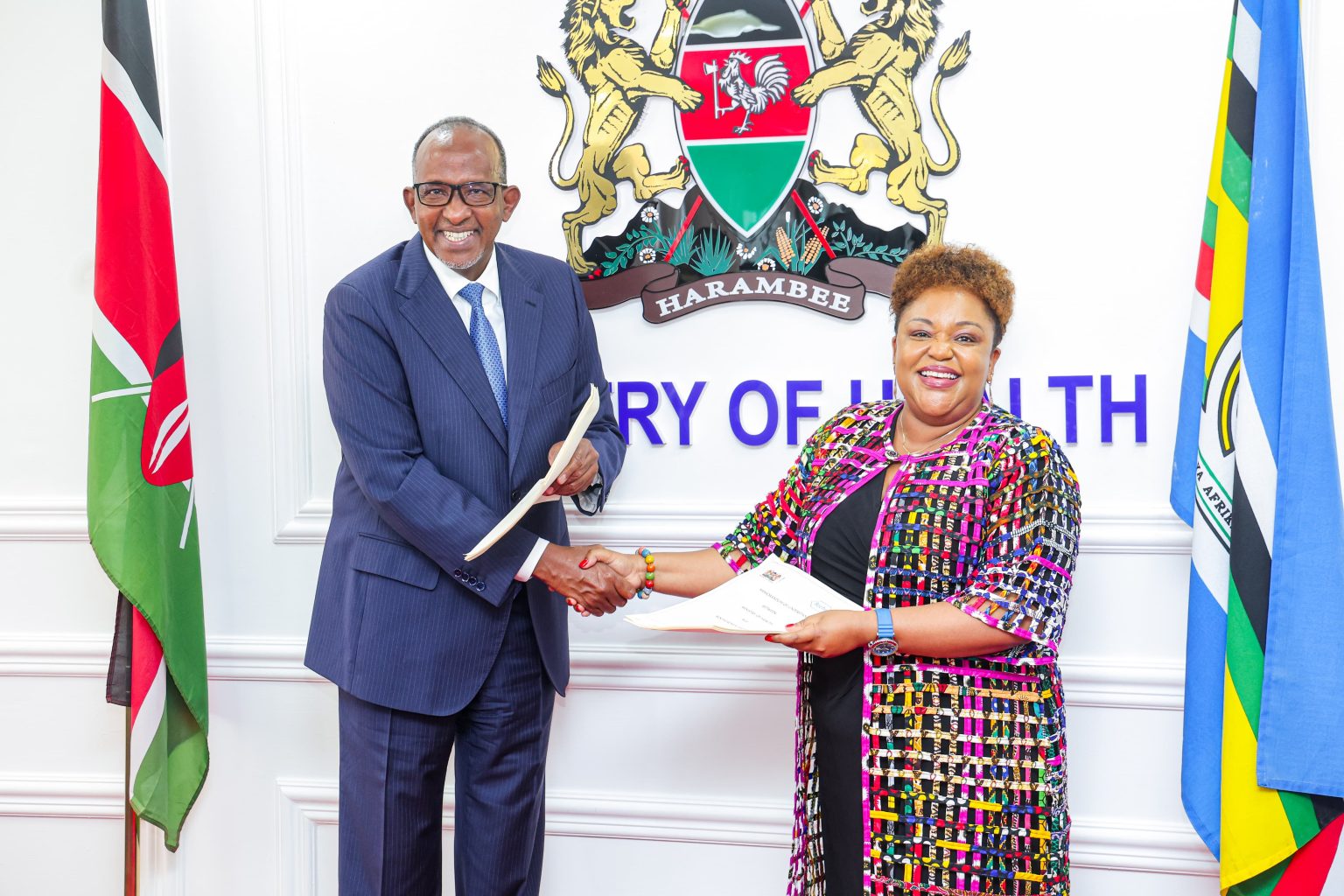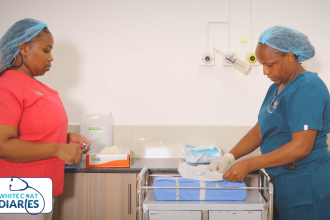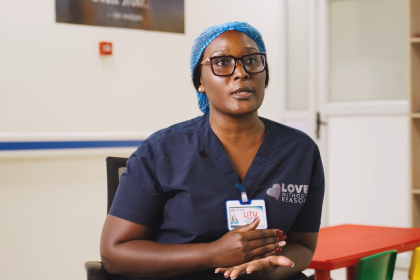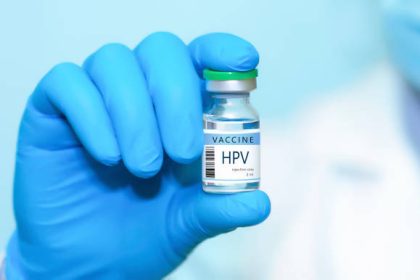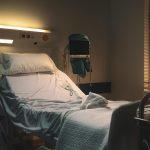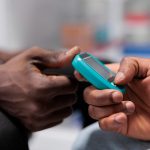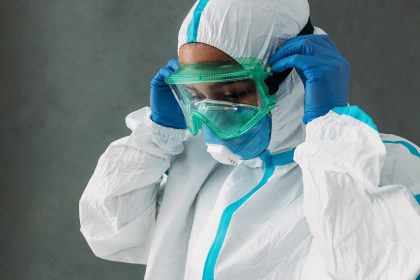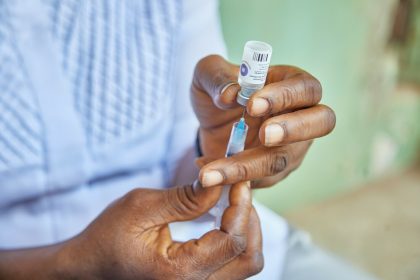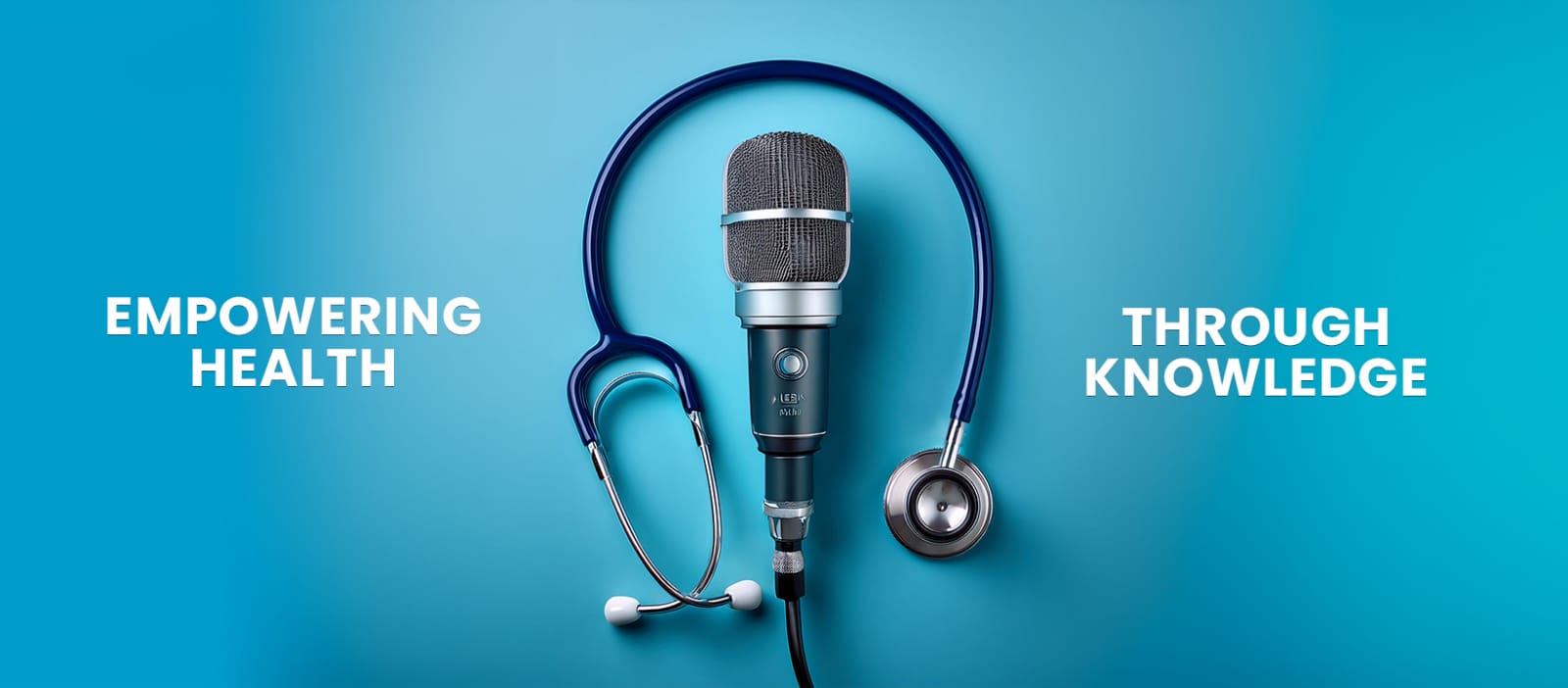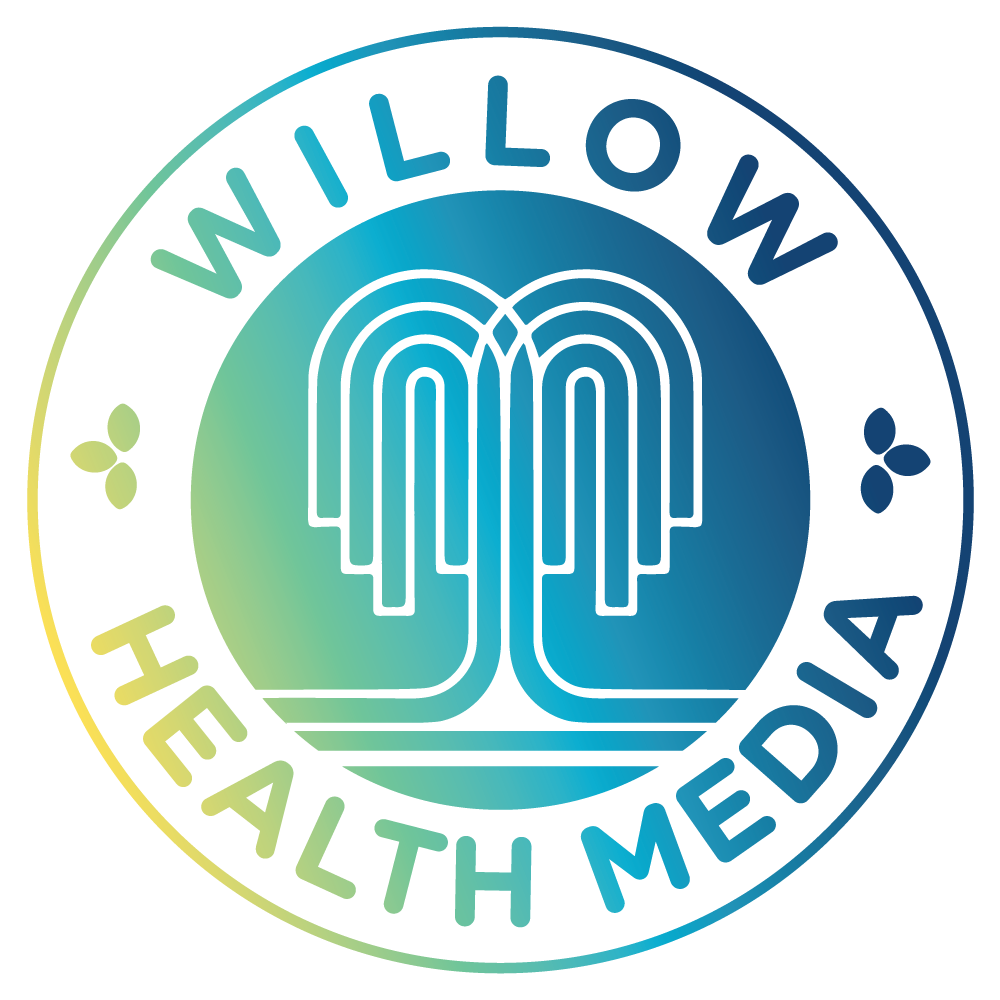The Ministry of Health partners with pharmaceutical giant Roche to deliver access to lifesaving cancer drugs and treatment.
Patients in Kenya will now have access to affordable treatment of breast and metastatic gastric cancers courtesy of a partnership between the Ministry of Health (MoH) and pharmaceutical giant Roche.
The move is pivotal toward strengthening the response to Non-Communicable Diseases (NCDs) like cancers, besides bringing Universal Health Coverage (UHC) to all.
Breast cancer, one of the leading causes of cancer-related deaths among women in Kenya, has aggressive HER2-positive breast cancer, accounting for 15–20 per cent of all breast cancer cases.
The collaboration will provide financial protection as Roche stock HerceptinⓇ 600mg SC and other drugs for HER2 breast cancer and metastatic stomach cancer treatment at affordable rates for eligible SHA beneficiaries, said Health CS Aden Duale.
The slashing of treatment costs will be a welcome relief to many patients: Previously, a single treatment session of Herceptin® could soar to Ksh120,000, but will now be capped at Ksh40,000, with no out-of-pocket payment needed from eligible patients.
Reimbursements will be managed by the Social Health Authority (SHA) through the Social Health Insurance Fund (SHIF) and the Emergency, Chronic, and Critical Illness Fund. SHA will pay public, private, and faith-based facilities based on a set tariff, moving beyond the previous public-only Roche partnership.
This expansion is a crucial stride toward equitable healthcare, especially in counties where public oncology services are overstretched or unavailable.
“This partnership represents a significant leap forward in alleviating the burden of NCDs, particularly breast cancer in Kenya. It is a testament to the impact of strategic partnerships that prioritize patient access, equity, and quality care,” added Duale.
According to SHA tariffs on oncology services, diagnosis, staging, and treatment of cancers have a limit of Ksh400,000 per person per annum. Some of the procedures include chemo administration paid Ksh5,500, chemo port insertion at 15,000, radiotherapy at 3,600 per session and brachytherapy at Ksh40,000.
For Management of cancers, patients who exhaust their SHIF limit shall have an additional Ksh150,000 to continue their treatment. This supplementary coverage will be a lifeline for many Kenyans battling cancer.
However, this support comes with conditions. The patient must be a fully paid-up SHIF member, and the extra Ksh150,000 depends on available government funds. This means the amount can offer vital help, but it’s not guaranteed—it depends on SHIF’s financial capacity at the time.
Through the partnership, Roche will assist in setting up a national sample referral framework, improving the speed and accuracy of cancer diagnoses, particularly vital in rural or underserved regions.
“This collaboration is designed to enhance access to essential medicines and diagnostics for patients. Strengthen capacity-building through healthcare worker training in breast and cervical cancer management. Improve screening and early detection, ensuring timely interventions for better health outcomes,” said Duale.
This means that early detection, often the difference between life and death, will become more feasible, with medical personnel better equipped and facilities better resourced.
“Globally, over 1,047,000 children have lost their mothers to these cancers, with 35% of maternal orphans found in Africa, underscoring the disproportionate burden faced by the continent. For the past ten years, our partnership with the Ministry of Health has been instrumental in addressing these challenges. Together, we are working to change the narrative through prevention, early detection, through equitable access to affordable , available global standard of Care for HER 2+ve Breast Cancer patients” said Roche East Africa General manager Jacqueline Wambua.
The partnership is also a powerful signal to other pharmaceutical firms, donors, and governments that collaborative, equity-driven healthcare models are not only possible; they are essential.



